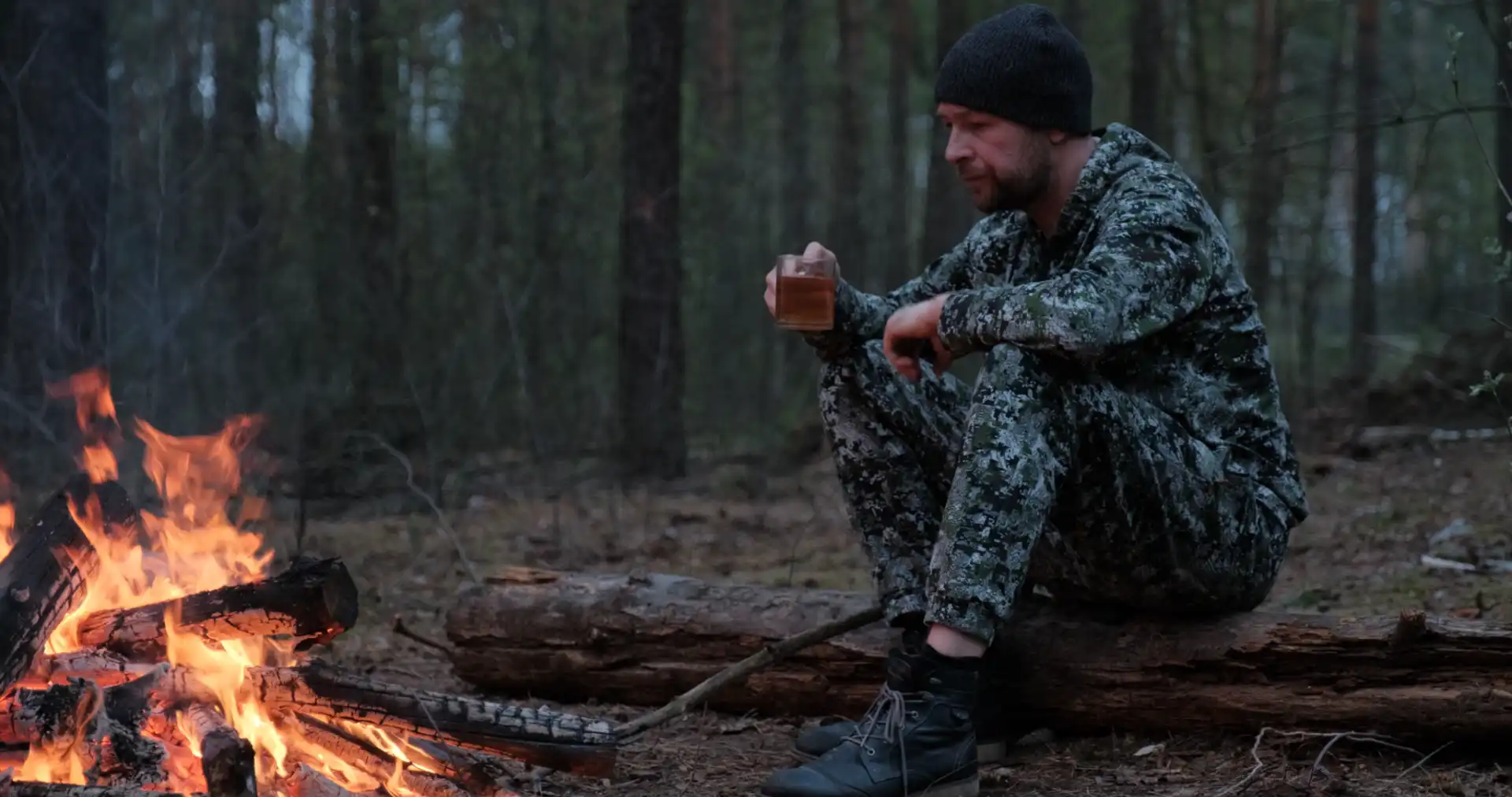Survival Psychology: How to Stay Mentally Strong in a Crisis
Survival isn’t just about gear, food, or water—it’s about mindset. In life-or-death situations, your ability to stay calm, focused, and emotionally resilient can mean the difference between surviving and panicking.
This is the power of survival psychology—the mental side of preparedness. And in 2025, with threats ranging from natural disasters to civil unrest, mastering your mindset has never been more critical.
What Is Survival Psychology?
Survival psychology is the study of how people think, feel, and behave under extreme stress. It includes mental habits, coping skills, and emotional conditioning that help individuals make smart decisions in chaotic environments.
The right mindset helps you:
- Adapt quickly to danger
- Manage fear and anxiety
- Lead and communicate under pressure
- Recover from emotional trauma
As survival expert Laurence Gonzales wrote in *Deep Survival*, “The mind navigates reality faster than the body ever could.”
1. Develop Situational Awareness
Situational awareness is the ability to observe, interpret, and anticipate your environment. It’s the mental muscle that allows you to stay one step ahead in any crisis.
How to train it:
- Practice “OODA loops” — Observe, Orient, Decide, Act
- Scan environments when entering a room or outdoor area
- Play “what if” mental games to imagine different scenarios
👉 Related: Building a Bug-In Survival Plan
2. Train Your Stress Response
Under stress, the brain switches to fight, flight, or freeze mode. But repeated exposure and conditioning can help you stay functional.
- Use breathwork: Box breathing (inhale 4s, hold 4s, exhale 4s) calms the nervous system.
- Visualize success: Mentally rehearse what you’d do during an EMP, earthquake, or attack.
- Expose yourself to controlled stress: Cold showers, hikes, public speaking—all build tolerance.
Just like muscles, your mental resilience grows through use.
3. Cultivate a Survivor’s Identity
How you define yourself matters. Survivors see themselves as capable, resourceful, and determined—not victims.
Build this identity by:
- Keeping promises to yourself (even small ones)
- Tracking your prepping wins and skills learned
- Replacing “I hope I can” with “I will find a way”
The moment you shift from “I’m scared” to “I’m ready,” your brain rewires itself toward action, not panic.
4. Use Community to Anchor Stability
In isolation, the mind fractures. But in connection, it heals. Strong social bonds improve survival odds dramatically during crisis.
Ways to strengthen this now:
- Join a prepper group or host a monthly meet-up
- Assign roles and responsibilities within your family
- Have someone to check in with during emergencies
👉 Resource: Building a Prepper Community
5. Master the Art of Mental Rebooting
Even the strongest minds get overwhelmed. The key is how quickly you can bounce back.
Try the “5-5-5 reset method”:
- Name 5 things you can see
- Name 5 things you can hear
- Name 5 deep breaths to reset your nervous system
This grounding tool is used by soldiers, first responders, and therapists alike.
6. Maintain Meaning and Morale
Hope is a survival tool. Even in the darkest moments, people who find meaning in hardship often outperform those with more supplies.
Ideas to anchor your “why”:
- Carry photos or letters from loved ones
- Keep a survival journal or logbook
- Create rituals—meals, music, prayers—that maintain normalcy
As Viktor Frankl said, “Those who have a why to live can bear almost any how.”
Conclusion: Strength Starts in the Mind
You can have all the gear in the world, but without the right mindset, it’s just dead weight. True resilience is built from the inside out. With the tools of survival psychology, you’ll be prepared not only to survive—but to lead, adapt, and rebuild.
✔️ Continue sharpening your mental edge:
Train your mind. Trust your instincts. Outlast the chaos.
